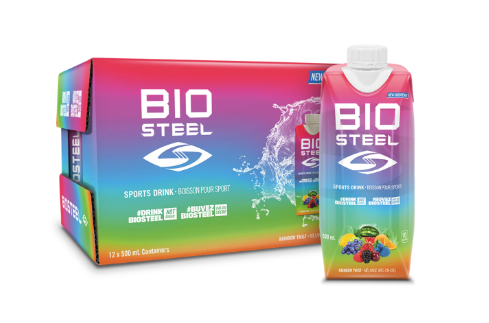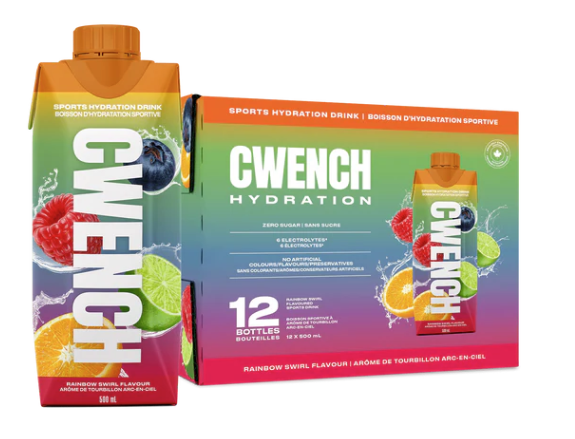“May Cheng, Nicolas Auger
In a recent Ontario Court decision, BioSteel Inc. v. Cizzle Brands Ltd., 2024 ONSC 5515, Justice Parghi denied BioSteel Inc. and DC Holdings (“BioSteel”) an interlocutory injunction to stop Cizzle Brands Ltd. and Cizzle Brands Inc. (“Cizzle”) from using similar packaging for its sports hydration drinks. This ruling, released on October 18, 2024, following an August hearing, underscores important nuances in intellectual property law and the challenges brands face in protecting their trade dress.
Background: BioSteel’s Unsuccessful Bid to Block Cizzle’s Competing Product
The conflict began after BioSteel entered creditor protection under the Companies’ Creditors Arrangement Act (CCAA) in September 2023. DC Holdings emerged as the successful bidder for BioSteel’s assets, including the intellectual property associated with its popular sports hydration drinks. Former BioSteel executive, Mr. Celenza, subsequently launched a rival hydration brand, Cizzle, alongside other former BioSteel team members. Cizzle’s new line of CWENCH drinks debuted in May 2024, sporting vibrant packaging that closely resembled BioSteel’s established look, albeit with the distinct CWENCH brand name.
These visual similarities drove BioSteel to seek an injunction, arguing that Cizzle’s packaging could confuse consumers and harm BioSteel’s market share and brand reputation. Yet, despite these apparent likenesses, the court ruled against granting the injunction.

“Image courtesy of BioSteel Canada. Available at BioSteel – Canada“

“Image courtesy of CWENCH Hydration. Available at CWENCH Hydration – Canada“
Legal Analysis: Why BioSteel’s Injunction Was Denied
At the heart of the decision lies the three-prong RJR Macdonald test, used to assess injunction requests. Here’s how the court applied each prong:
- Strong Prima Facie Case
BioSteel’s bid for an injunction faltered on the first prong, an unusual outcome in such cases. Justice Parghi concluded that BioSteel had not demonstrated a “strong prima facie case” or even a “serious issue to be tried” under the tort of passing-off. Typically, injunctions are denied at the second stage of the test, where the difficulty often lies in proving “irreparable harm.” However, the judge was not convinced that BioSteel’s brand recognition extended beyond its trademark to encompass the specific “get-up” or trade dress of its packaging. - Goodwill and Brand Association
While BioSteel argued that its packaging was synonymous with its brand goodwill, Justice Parghi found insufficient evidence linking the packaging design to BioSteel’s market reputation independently of its BIOSTEEL trademark. This absence of compelling evidence weakened BioSteel’s claim that Cizzle’s CWENCH packaging misrepresented their brand, thus failing to establish a case of passing-off. - Impact of Injunction Denial
As a result of the court’s decision, Cizzle may continue marketing its CWENCH drinks in their current packaging until trial. BioSteel still has the opportunity to present additional evidence at trial and may consider appealing the injunction denial. In the meantime, the competitive landscape remains unaltered, with both brands contending for market share in the hydration drinks sector.
Implications for Brand Protection and Trade Dress Claims
The BioSteel Inc. v. Cizzle Brands Ltd. decision highlights the complexities brands face in securing legal protection for trade dress elements, such as packaging design. The case underscores the need for clear evidence linking trade dress to brand goodwill, separate from trademark recognition. Brands pursuing passing-off claims may benefit from extensive consumer perception data that illustrates a direct association between trade dress and brand identity.
As the broader litigation continues, BioSteel must build a stronger evidentiary foundation if it hopes to successfully claim trade dress infringement. For now, the court’s decision offers a cautionary tale: securing an injunction based on trade dress requires more than surface-level similarities—it demands a compelling argument supported by evidence that consumers unmistakably associate the trade dress with the brand’s goodwill.
